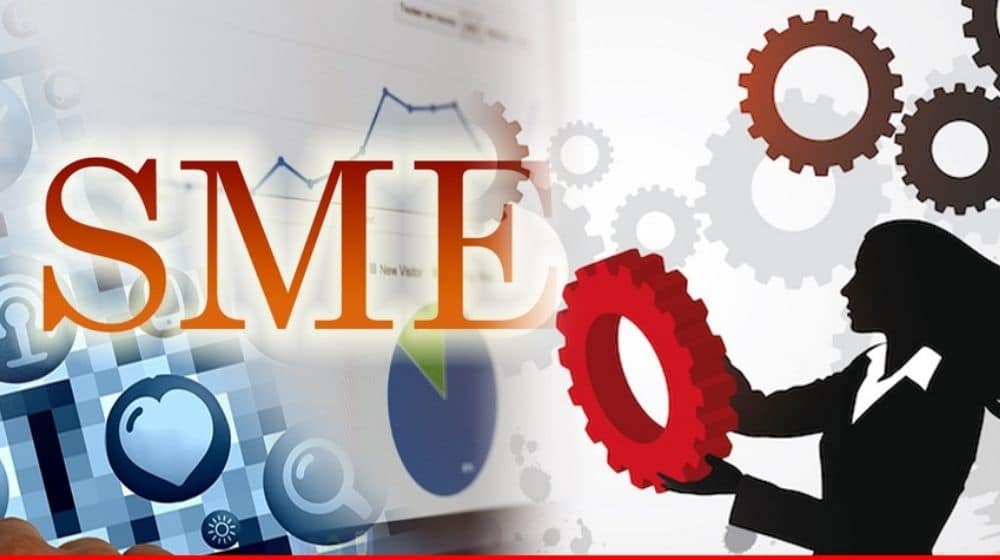ISLAMABAD: Women-owned small and medium enterprises (SMEs) in Pakistan benefit from technology adaptation and openness to innovation to compete with competitors and satisfy the customers’ demands, reports WealthPK.
According to a study by Dr. Ahmed Muneeb Mitha, Assistant Professor Hailey College of Banking and Finance, University of the Punjab, women-owned SMEs strive to implement new business models centred on technology adaptation and openness to innovation (business-related solutions from outside resources) in competitive markets. Large sections of women-owned SMEs with 100 to 499 employees have sufficient financial resources and are more likely to adopt advanced technology and innovation.
Analysing the incidence of technology adaptation and openness to innovation, a sample of 693 Pakistani women-owned businesses in various cities was studied. The SMEs’ technological adaptability and openness to innovation were assessed using joint ventures, intellectual property rights, worker engagement, customer participation, and R&D outsourcing.
The research affirmed that SMEs became more involved in technology adaptation and openness to innovation due to increased demand for advanced and innovative products in the economy. In this process, R&D outsourcing and intellectual property rights licensing seem to have a more significant impact on technological adaptation and openness to innovation than other variables used in the research. Moreover, this trend is more noticeable in the services industry than in the manufacturing industry.
The study also shows that despite the vast incidence of adaptation, SMEs face key management and organizational challenges when embracing technology adaptation and innovation.
Research shows that whenever two or more companies enter a contract, management problems occur due to interactions among firms. It becomes challenging to separate duties and responsibilities, manage daily tasks, and establish communication within and between organizations.
Along with administrative constraints, another barrier to technology adaptation and openness to innovation is the availability of time and money. To overcome these financial constraints, the government should provide subsidies to the companies.
The State Bank of Pakistan offers interest rates as low as 5% per year to SMEs owned by women in Pakistan. This facility allows SMEs to borrow up to Rs5 million. However, the State Bank should simplify the loan application process by reducing the amount of paperwork. Government restrictions on the most efficient use of subsidies result in extra paperwork for firms, increasing the administrative burden on joint ventures.
SMEs conduct the majority of manufacturing activities in Pakistan, and their growth directly contributes to the country’s economic growth. The government must support the 5.2 million small and medium-sized enterprises, which account for 40 percent of the country’s GDP and 25 percent of exports. Their economic growth requires urgent assistance.



